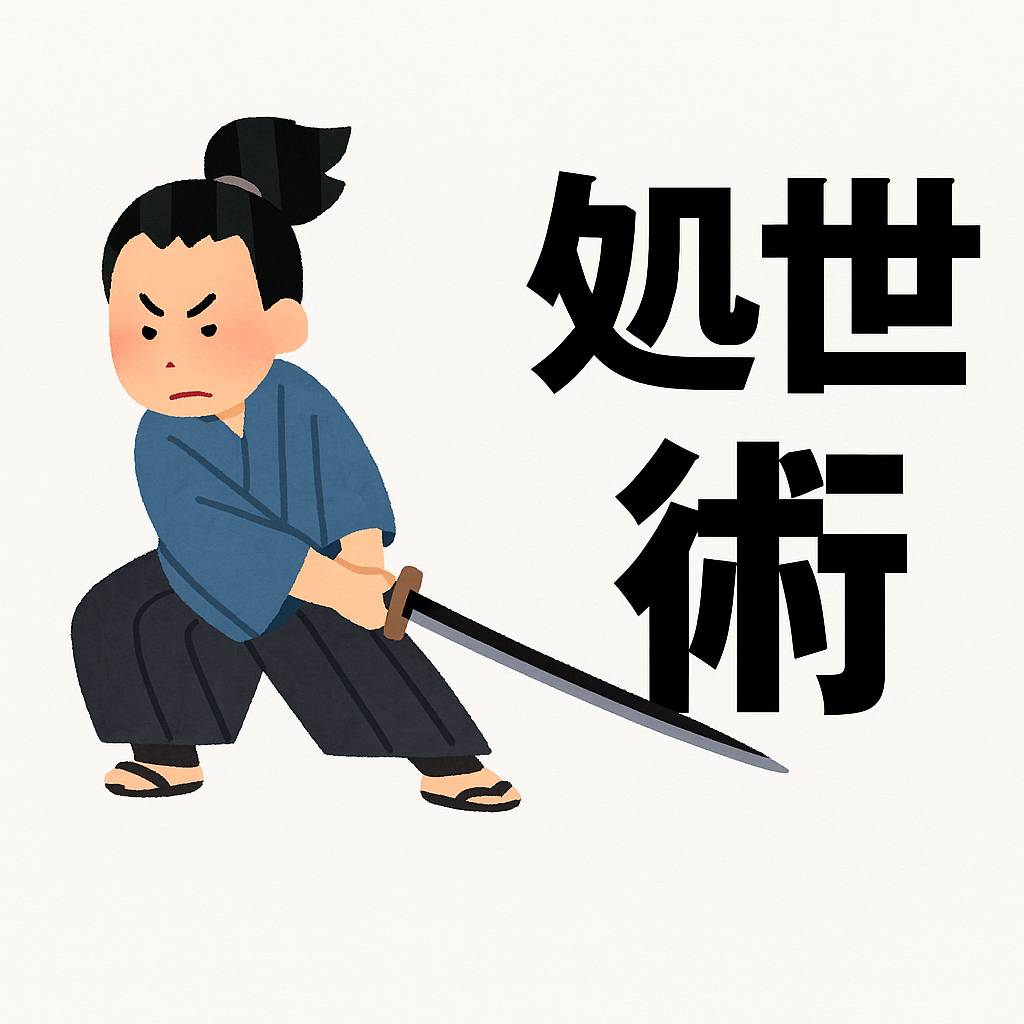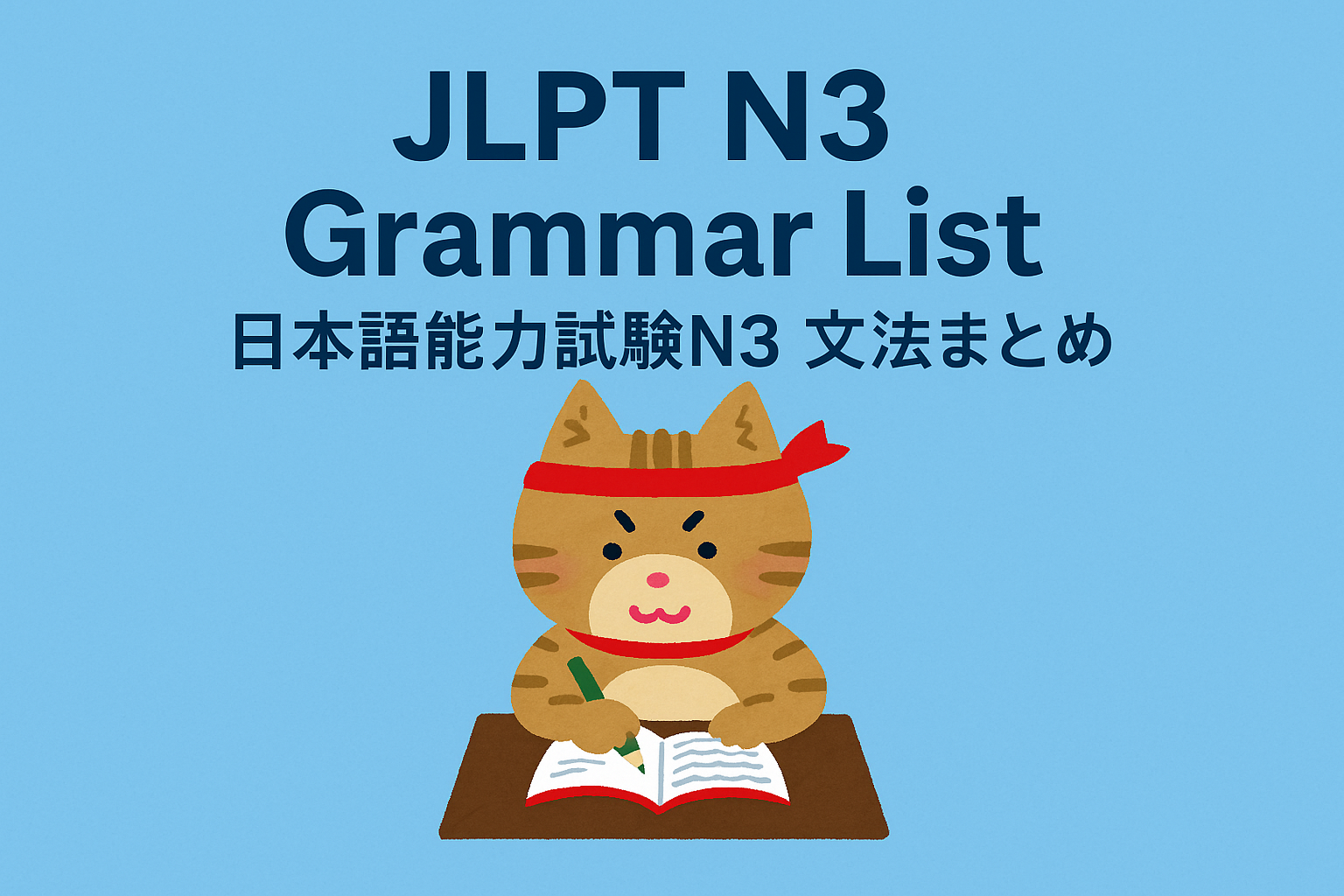In many Japanese workplaces, tiny behaviors carry big weight. If you build habits around greetings, small gratitude, and light participation, you’ll earn trust even before your skills are fully visible. This guide focuses on practical, low-stress actions you can start today.
日本の職場では、些細なふるまいが想像以上に重要です。挨拶・小さな感謝・さりげない参加を習慣化するだけで、スキルだけでは得にくい信頼が積み上がります。今日から無理なく始められる実践策に絞って紹介します。
- 1) Greet first, every time
- まずは必ず挨拶を
- 2) Bring small souvenirs after trips
- 旅行・帰省の後は小さなお土産を
- 3) Say “thank you” for tiny favors
- 些細なことにも「ありがとうございます」
- 4) Close the day with set phrases
- 退勤たいきん時の一言を欠かさない
- 5) Work your best within your scope
- 自分の範囲で全力を尽くす
- 6) Don’t forget your smile
- 笑顔を忘れずに!
- 7) Join social events (nomikai, BBQ)
- 催し物もよおしもの(飲み会・BBQ)に参加
- 8) Speak up—without breaking harmony
- 和を乱さない範囲で、発言は積極的に
- Common pitfalls to avoid
- ありがちな落とし穴
- Why these habits work
- なぜ効くのか
- Joe’s Note
- ジョーのひとこと
- Quick templates you can reuse
- そのまま使える定型文
- Vocabulary List
- 単語リスト
1) Greet first, every time
まずは必ず挨拶を
At the first face-to-face of the day, say: “Otsukaresama desu / Konnichiwa / Yoroshiku onegaishimasu.” Consistent greetings soften formality and set a friendly baseline.
一日の最初に顔を合わせたら「お疲れさまです/こんにちは/よろしくお願いします」。挨拶の一言で、形式的な空気が和らぎ、友好的な土台ができます。
- Otsukaresama desu.(お疲れさまです)
- Konnichiwa.(こんにちは)
- Yoroshiku onegaishimasu.(よろしくお願いします)
2) Bring small souvenirs after trips
旅行・帰省の後は小さなお土産を
Ideally, bring enough for the headcount.
できるだけ人数分が望ましい。
Leave the box in a common space with a handwritten note so people take them freely.
共用スペースにメモ書きを添えて置いておくと、各自で自由に取ってくれます。
Sample note|メモ例
いつもお世話になっています。
北海道旅行のお土産です。
一人一個ですが、よければどうぞ。
- Kore, sukoshi desu ga, minna-san de dōzo.(これ、少しですが、皆さんでどうぞ)
3) Say “thank you” for tiny favors
些細なことにも「ありがとうございます」
Micro-thanks build macro-trust. A quick “Thank you!” after small help compounds over time.
小さな「ありがとうございます」の積み重ねが、大きな信頼になります。
- Itsumo arigatō gozaimasu.(いつもありがとうございます)
- Tasukarimashita.(助かりました)
4) Close the day with set phrases
退勤たいきん時の一言を欠かさない
Use: “Otsukaresama deshita / Ashita mo yoroshiku onegaishimasu.”
「お疲れさまでした、明日も(よろしく)お願いします」
5) Work your best within your scope
自分の範囲で全力を尽くす
Within what you can realistically do, give your full effort to assigned tasks. A serious attitude not only improves your own image but also lifts your team’s atmosphere.
自分の可能な範囲で構わないので、任された仕事は全力で行う!仕事に対する真面目な姿勢は、自分に対する印象だけでなく、職場の雰囲気も向上します。
6) Don’t forget your smile
笑顔を忘れずに!
A natural smile improves how people see you—use it proactively!
自然な笑顔はあなたの印象を良くします!積極的に活用しましょう!
7) Join social events (nomikai, BBQ)
催し物もよおしもの(飲み会・BBQ)に参加
Getting your face known helps build smoother relationships. Don’t just attend—volunteer for setup or cleanup. Try to act like you’d love to stay longer (channel your inner actor!).
自分の顔を覚えてもらうことで、周囲との円滑な関係を構築できます。ただ参加するだけではなく、準備や片付けなども率先して行うと尚良し。短時間の参加もいいですが、できるだけ「帰りたくない」演技をしてください。その時のあなたはドラマや映画の俳優だと思ってください。
8) Speak up—without breaking harmony
和を乱さない範囲で、発言は積極的に
Even if you’re not confident, say what you think in meetings or group discussions. Hard-working foreign employees are especially appreciated when they speak up.
ミーティングなどの発言が許された場では、間違ってもいいので、思ったことは積極的に発言しましょう!勤勉な外国人は気に入られます!
Common pitfalls to avoid
ありがちな落とし穴
- Skipping greetings when busy → Greet even in passing; it compounds.
- 忙しいと挨拶を省く → すれ違いでも一声。積み重ねが効きます。
- Speaking nothing feels “safe” but won’t boost your image. Even small thoughts are worth sharing.
- 発言しなくてもいいですが、プラスの印象にはならないです。些細なことでもいいので、思ったこと/気づいたことを言いましょう。
Why these habits work
なぜ効くのか
Because Japanese workplaces value collective unity over individual stance. Active greetings and participation help you be recognized as someone who contributes to the group. Recognition brings benefits such as:
日本人は、個人よりも集団としての一体感を重要視します。積極的な発言や挨拶は、集団に貢献している個人として認められやすくなります。認められると:
- Time-off becomes easier to request.
- Minor mistakes are more easily forgiven.
- Cooperation is easier to gain in many situations.
- 休暇が取りやすくなる(場の雰囲気的に)
- 多少ミスをしても許される。
- 様々な場面で協力が得やすくなる。
Joe’s Note
ジョーのひとこと
From my time working in supermarkets, bars, and after-school clubs, the trio of “greeting + micro-thanks + speaking up when appropriate” always shifted the workplace atmosphere. With this habit, people accepted me even on off days, supported my new attempts, and made it easier to take time off when needed.
スーパーやバー、そして児童クラブなど、様々な職場で働いてきた体感では、「挨拶+小さな感謝+然るべき場での発言」の三点セットで一日の流れが変わります。これを続けると、調子が悪い日も受け入れてもらえ、新しい試みへの協力も得やすく、必要なときに休みも取りやすくなりました。
Quick templates you can reuse
そのまま使える定型文
- Morning greeting|朝の挨拶
“Otsukaresama desu. I’ll start with yesterday’s follow-ups.”
「お疲れさまです。まずは昨日の引き継ぎから進めます。」 - Thanks|感謝
“Thank you for the quick check. That helped.”
「素早い確認、助かりました。ありがとうございます。」 - Small remark|些細な発言
“I think XX is YY, what do you all think?”
「私は××に関して〇〇だと思うのですが、皆さんはどう思いますか。」 - Leaving|退勤
“Otsukaresama deshita. Ashita mo yoroshiku onegaishimasu.”
「お疲れさまでした、明日も(よろしく)お願いします」 - Souvenir note|お土産メモ
“Thank you as always. Souvenir from Hokkaido—please take one each!”
「いつもお世話になっています。北海道旅行のお土産です。一人一個ですが、よければどうぞ。」
Vocabulary List
単語リスト
| JP | Reading | EN |
|---|---|---|
| 一体感 | いったいかん | sense of unity |
| 協力 | きょうりょく | cooperation |
| 雰囲気 | ふんいき | atmosphere |
| 退勤 | たいきん | leaving work |
| 催し物 | もよおしもの | event / gathering |
| 率先 | そっせん | take the initiative |
| 然るべき | しかるべき | appropriate / proper |
| 児童クラブ | じどう くらぶ | after-school club for kids |
| 円滑 | えんかつ | smooth (relationship/process) |
| 印象 | いんしょう | impression |


コメント
https://shorturl.fm/2gslj